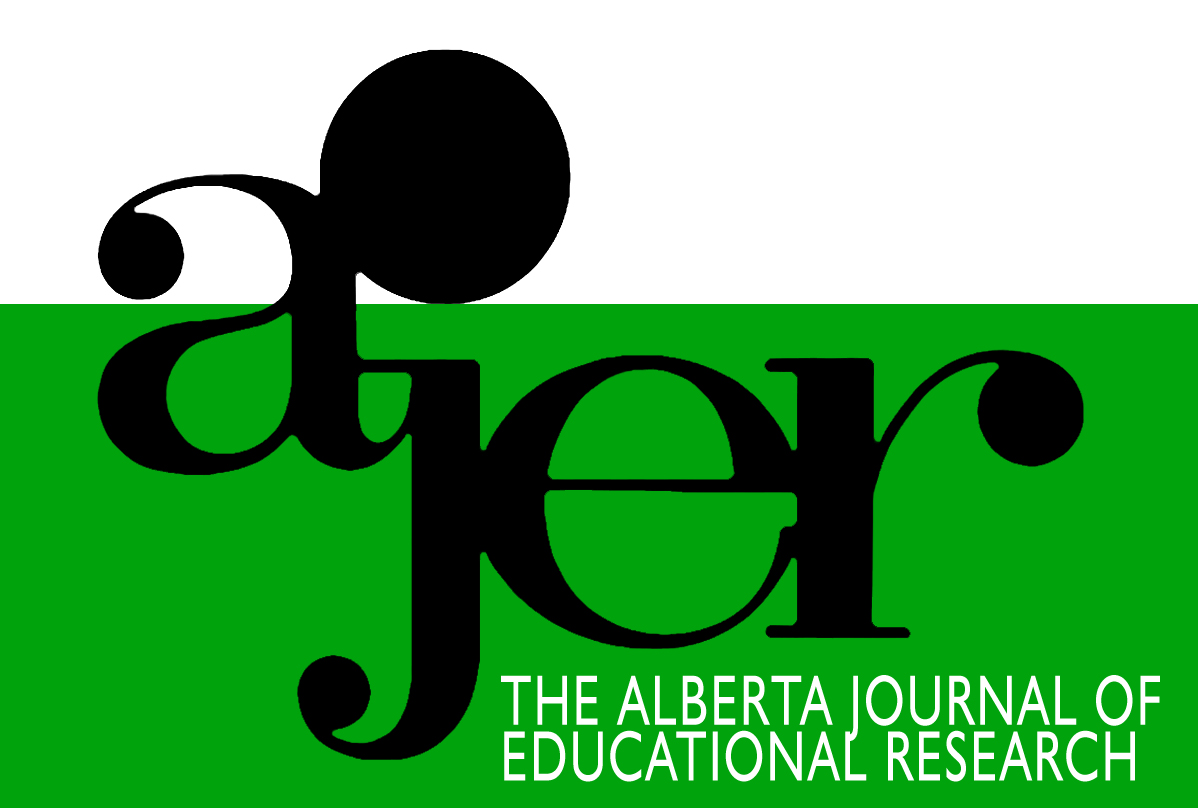“A Compliment is all I need” – Teachers Telling Principals How to Promote Their Staff's Self-Efficacy
DOI:
https://doi.org/10.55016/ojs/ajer.v59i2.55640Keywords:
Teachers' self-efficacy, principals' management, leadership styleAbstract
The purpose of the present study is to compare the perceptions of teachers representing opposite ends of the self-efficacy spectrum regarding the effects of the principal’s behavior on their professional self-efficacy. In the first quantitative stage, a statistical procedure was conducted to identify the two groups of teachers: a group of 16 teachers with a high self-efficacy and a group of 14 teachers with a low self-efficacy. In the second and main stage, the qualitative stage, the teachers were asked about their professional successes and failures, using in-depth, open-ended interviews. Data were analyzed using grounded theory. Five categories of management style were found pertinent to both groups: modes of communication, feedback from the principal, social atmosphere, strength of the principal, and shared values. Differences found between the two participant groups regarding each management style category are discussed. Findings also indicate that the human aspect of teacher-principal relations is the decisive factor determining those teachers’ sense of professional self-efficacy.
L’objectif de la présente étude est de comparer des perceptions d’enseignants quant à l’effet du comportement du directeur d’école sur leur auto-efficacité professionnelle. Les perceptions recueillies représentent les extrémités opposées du spectre. Pendant la première étape quantitative, on a identifié les deux groupes d’enseignants par une procédure statistique : un groupe de 16 enseignants jouissant d’une grande auto-efficacité et un groupe de 14 enseignants avec un faible degré d’auto-efficacité. Pendant l’étape principale, la deuxième et qualitative cette fois, nous avons interrogé les enseignants sur leurs réussites et leurs échecs professionnels par le biais d’entrevues approfondies à questions ouvertes. Les données ont été analysées conformément à la théorie reposant sur les faits. Les résultats ont révélé cinq catégories de style de gestion, applicables aux deux groupes : modes de communication, rétroaction du directeur, ambiance sociale, autorité du directeur et valeurs partagées. Nous discutons des écarts entre les deux groupes par rapport aux styles de gestion. Les conclusions ont également indiqué que l’aspect humain du rapport enseignant-directeur est le facteur déterminant dans le sentiment d’auto-efficacité professionnelle chez les enseignants.
Downloads
Published
Issue
Section
License
UNIVERSITY OF ALBERTA COPYRIGHT LICENSE AND PUBLICATION AGREEMENT
If accepted, authors will be asked to sign a copyright agreement with the following points:
A. Where there is any inconsistency between this Copyright License and Publication Agreement and any other document or agreement in relation to the same subject matter, the terms of this Agreement shall govern.
B. This document sets out the rights you are granting in relation to publication of your article, book review, or research note entitled (the “Article”) through inclusion in the academic journal titled Alberta Journal of Educational Research (the “Journal”) published through the Faculty of Education, representing the Governors of the University of Alberta (the “Journal Editor”).
C. There will be no payment to you for this publication and grant of rights. In consideration of the agreement to publish the Article in the Journal:
1. You are warranting that:
- the content of the Article is your original work, and its content does not contain any material infringing the copyright of others; or, where the Article is not entirely your original work, you have obtained all necessary permissions in writing to grant the rights you are giving in this agreement;
- the content of the Article does not contain any material that is defamatory of, or violates the privacy rights of, or discloses the confidential information of, any other person;
- the Article has not been published elsewhere in whole or in part, and you will not allow publication of the Article elsewhere without the consent of the Journal Editor;
- the names of all co-authors and contributors to the Article are:
2. You agree to license the copyright in the Article to the Journal Editor, on a worldwide, perpetual, royalty free basis; and to the extent required by the terms of this agreement. You shall retain the right at all times to be acknowledged as the/an author of the Article.
3. You further agree that the Journal Editor has the entitlement to deal with the Article as the Journal Editor sees fit, and including in the following manner;
- The right to print, publish, market, communicate and distribute the Article and the Journal, in this and any subsequent editions, in all media (including electronic media), in all languages, and in all territories, ing the full term of copyright, and including any form of the Article separated from the Journal, such as in a database, abstract, offprint, translation or otherwise, and to authorize third parties to do so;
- The right to register copyright of the Journal;
- The right to edit the Article, to conform to editorial policy as the Journal Editor sees fit.
4. If any co-author or contributor to the Article does not sign this agreement, the Journal Editor reserves the right to refuse to publish the Article.



